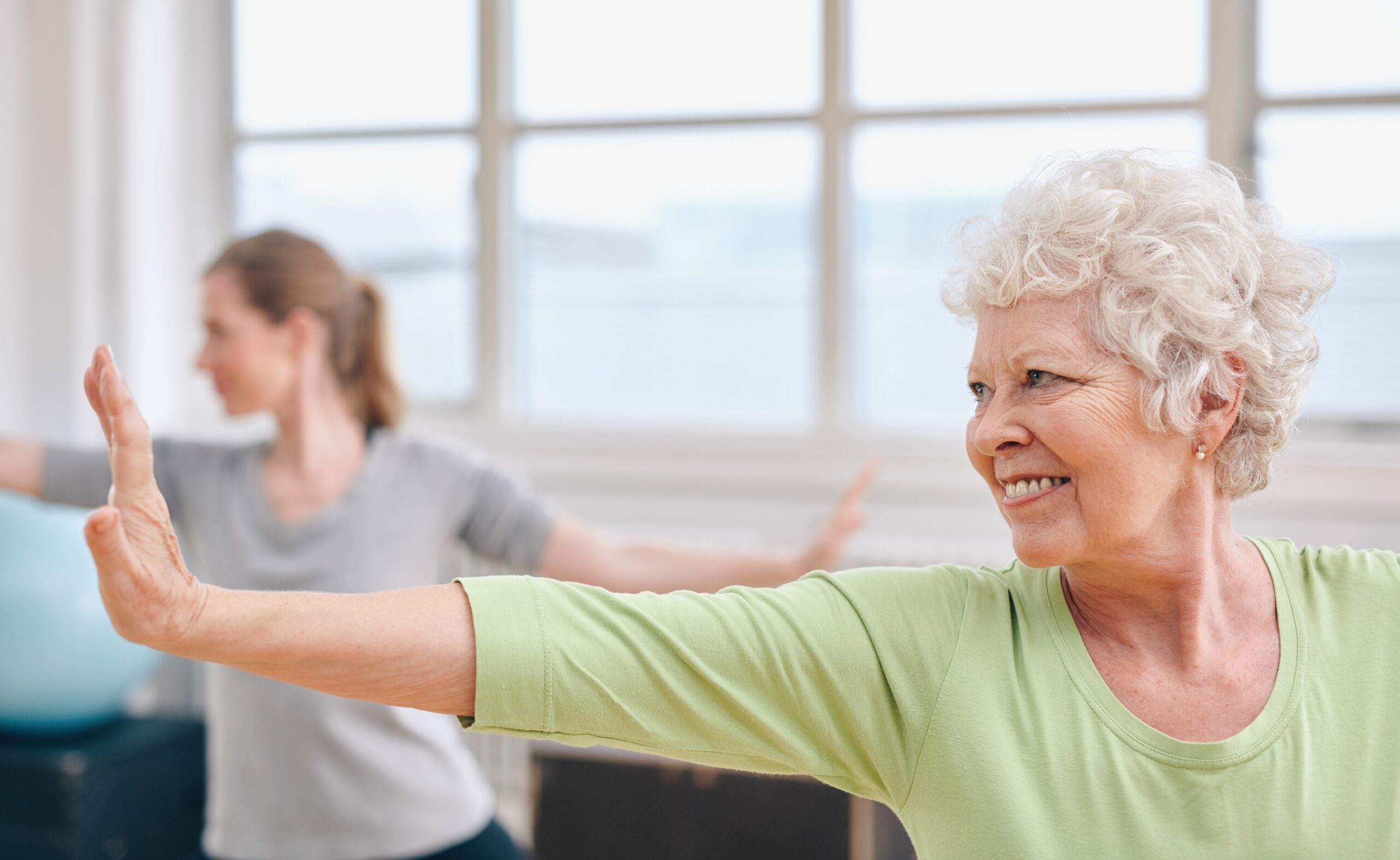Benefits of Qigong
Qigong, an ancient Chinese mind-body practice, is gaining traction in the West for its potential health benefits. Here’s a quick look at some of the reasons why you might want to give Qi Gong a try:
* Improves physical health: Studies suggest that Qigong can improve balance, flexibility, and cardiovascular health. It may also help to alleviate pain from chronic conditions like arthritis and fibromyalgia.
* Reduces stress and anxiety: The slow, mindful movements and deep breathing exercises in Qi Gong can promote relaxation and reduce stress hormones. This can lead to improved mood, better sleep, and a greater sense of well-being.
* Boosts the immune system: Some research suggests that Qigong may help to strengthen the immune system by increasing the production of white blood cells.
Tai Chi vs Qigong
Tai Chi and Qigong are both ancient Chinese mind-body practices that emphasize slow, deliberate movements and deep breathing. However, there are some key differences between the two.
* Focus: Qigong is a broader term that encompasses a variety of exercises for health and well-being. It can include movements, meditation, and breathing exercises. Tai Chi, on the other hand, is a specific form of Qigong that is traditionally practiced for self-defense and martial arts.
* Movement: Qigong exercises can be stationary or flowing, and they often focus on specific movements or postures that are believed to promote the flow of qi (vital energy) throughout the body. Tai Chi movements are always flowing and connected, and they form a complete sequence or form.
* Complexity: Qigong exercises can be very simple and easy to learn, making them a good option for people of all ages and abilities. Tai Chi forms can be more complex and take time to learn.
If you’re interested in trying a mind-body practice that can improve your health and well-being, both Tai Chi and Qigong are great options. Qigong may be a better choice if you’re looking for something that is easy to learn and can be done almost anywhere. Tai Chi may be a better choice if you’re looking for a more comprehensive practice that can also help you develop self-defense skills.
Blog by Andrew White-
My personal approach to health and wellness is holistic, addressing both mind and body. I like to focus on mobility, flexibility, and the reduction of pain and stressors, this allows for better movement throughout your life so you can pursue that which you are passionate about. My goal is help you develop healthy habits through physical, nutritional, and wellness coaching, so you can live your best life and feel good both from the inside and out.
Personal Training Certifications:
- ACSM Certified Personal Trainer
- NASM Nutrition Coach
- NASM Weight Loss Specialist
- NASM Stretching and Flexibility Coach
- NASM Corrective Exercise Specialist
- Burdenko Method Level 1 & 2
Group Fitness Certification:
- AFAA G.E.A.R Indoor Cycling
- AFAA Practical Yoga Instructor
- AFAA Yoga Essentials I and II
- TRX Suspension Trainer
- PIYO Live
- Water in Motion
- Cardio Sport
- 200 Hour Yoga Teaching (Yoga Alliance) Certification (IP)
- 50 Hour Mediation Teaching Certification (IP)
- 200 Hour 5 Element QiGong (IP)


